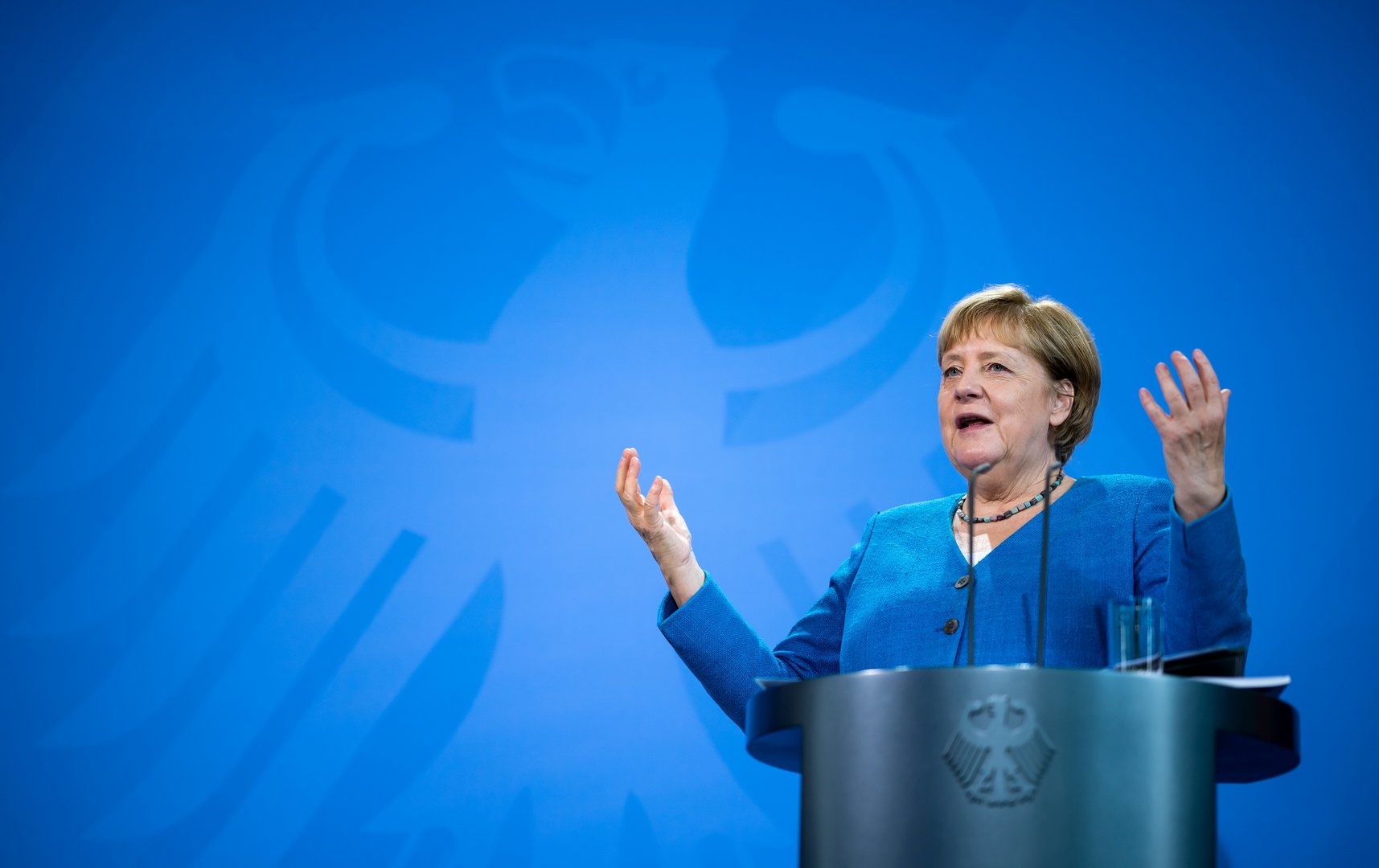By Andreas Charalambous and Omiros Pissarides
Considering its dominant position but also the departure of current chancellor Angela Merkel, a politician of strong international standing, the forthcoming elections in Germany are of decisive importance for the future of the EU.
The focus of the elections is on economic issues and, in particular, the fiscal framework. The Christian Democrats (CDU), which represent the traditional right spectrum and the Liberal party (FDP) support the reactivation of the strict fiscal rules framework which was in force prior to the pandemic. In contrast, the Social Democrats (SPD), the Green party and the Left party advocate, to varying degrees, a partial relaxation, with a view to facilitate the financing of an ambitious public investment programme, targeting social cohesion, climate change and the digital economy.
Similarly, a divergence of views is observed in taxation policy. The CDU and the FDP support tax reductions, anticipating a boost in private investment. The SDP, the Greens and the Left propose an increase of taxation for the wealthy, again to significantly different degrees, with a view to create the means for public investment financing.
Furthermore, the SDP, the Greens and the Left place emphasis on social matters, including strengthening the minimum income framework.
Countering climate change is at the forefront of electorate interest. The CDU and the FDP are of the view that adaptation will mostly take place via pricing and incentives for private investment. The SPD, the Greens and the Left advocate a much more interventionist approach, which includes significantly higher taxation for traditional fossil fuels, strict regulatory standards and significant public investments, with the view to tackling perceived market failures.
All major political parties acknowledge the importance of advancing the digital agenda, an area in which Germany is considered a laggard among developed economies. The approaches differ significantly, with the traditional right placing emphasis on the private initiative as the driver of digital development, and the left spectrum considering the role of the public sector as vital.
Between the SDP and the Greens lies significant common ground on foreign affairs, however they both differ substantially with the Left party, rendering a post-election coalition among the three of them unlikely.
Although German mass media perceives the current campaign as lacking enthusiasm among voters, there are a number of positive elements which deserve to be mentioned. The political differences among parties are clear and the citizens can base their eventual decision on identifiable alternative platforms. Even more important is the active involvement of research centres, which provide in-depth evaluation of different aspects of party programmes, thus supporting the informed decision making of the electorate.
In conclusion, it would not be an exaggeration to highlight that, at EU level, key decisions on fiscal and taxation policies, social cohesion issues, climate change policies and the progress in the vital area of technology will be affected, in a decisive manner, by the outcome of the German elections on September 26.
Andreas Charalambous is an economist and a former director in the Ministry of Finance and Omiros Pissarides is the managing director of PricewaterhouseCoopers Investment Services








Click here to change your cookie preferences